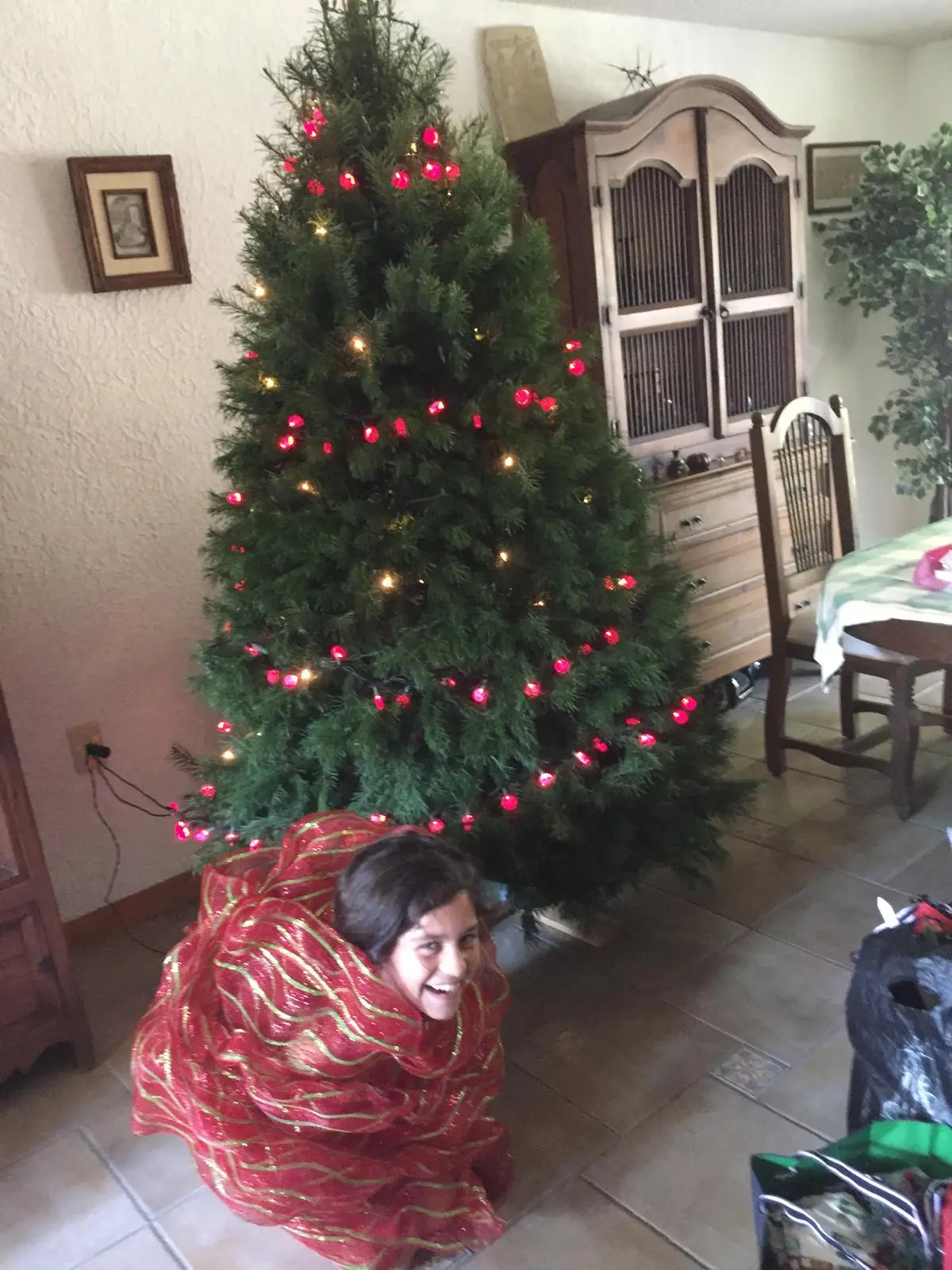This piece was co-written with Renata Ampudia Castelazo.
All year round, I’d be waiting for the calendar to mark Dec. 1. That day, Costco would stock their signature gingerbread house kit. The sight of those brightly colored boxes stacked high signaled the true beginning of the holiday season for me. My mom, without fail, would buy it every single year. It was our annual tradition.
Four walls, a roof with its chimney, a few trees, some candy for decorations and most importantly, a happy little family. Beginning every December, we, right after setting up our fir, would sit together and make a perfect gingerbread house — the cheerful lights, the lively pines, the blissful snow and even the joyful carols in my head — everything that a perfect Christmas spirit implied.
Originally it was the whole family. Then people started — and finished — growing up. As the years went by, it’d be less of us. Decorations were put up later in the month. The evergreen aroma inevitably got replaced by an underwhelming plastic odor; the presents wouldn’t get in Santa’s way when he was going around the living room in his scale train and eventually the train itself was gone as well. Things were changing. But not the gingerbread house. There, year after year, no matter what, we could still live the perfect Christmas.
Finally it was my time to grow up, which I noticed when I didn’t see Santa’s name in the gifts’ labels anymore. Over time, Christmas started to feel off. I guess the magic just started to disappear. But one thing was constant. I’d keep decorating my gingerbread house. I would spend hours looking at this house, which was once my home, to the point where the real Christmas didn’t feel like Christmas at all.
That feeling of Christmas spirit quickly turned into guilt — guilt for it not being like my gingerbread house.
As I’ve gotten older, once the magic was long gone, these holidays started becoming more about the people around me. The festive paraphernalia is just the setting and not the whole point anymore. This is not easy to adapt to when life is changing — and so are you and your relationships with these people — this much for the first time. Now, sometimes home is far away, some family members can’t stand to see each other and presents don’t just appear under the tree. Having a “Merry” Christmas has gotten so complicated when we used to be just a happy little family in a perfect gingerbread house.
Wasn’t this holiday supposed to be pure joy? Wasn’t I always supposed to have a Merry Christmas? The lack of happiness later led to emptiness and, once again, brought guilt. Why wasn’t I feeling happy when everything around me was designed to spark cheerfulness? The correlation between all these happy ideas and Christmas just seemed forced. It seemed like a performance where any deviation from the script about Christmas Spirit was seen as failure, leaving no room for genuine emotions. This same spirit quickly began to feel oppressive — an omnipresent reminder of how disconnected I was from the collective mood, telling me that something was wrong with me. How can I explain to every stranger who wishes me a Merry Christmas that maybe this year I can’t have one? This past Christmas was my first time not feeling said spirit. The fear that Christmas may never feel the same again even in future years unnerves me. But I think I just need to explain it to myself. We might have to accept that Christmas is not like a perfect gingerbread house anymore and that’s the way it goes. It is okay not to have a Merry Christmas sometimes. Life changes, and it will do it again.
